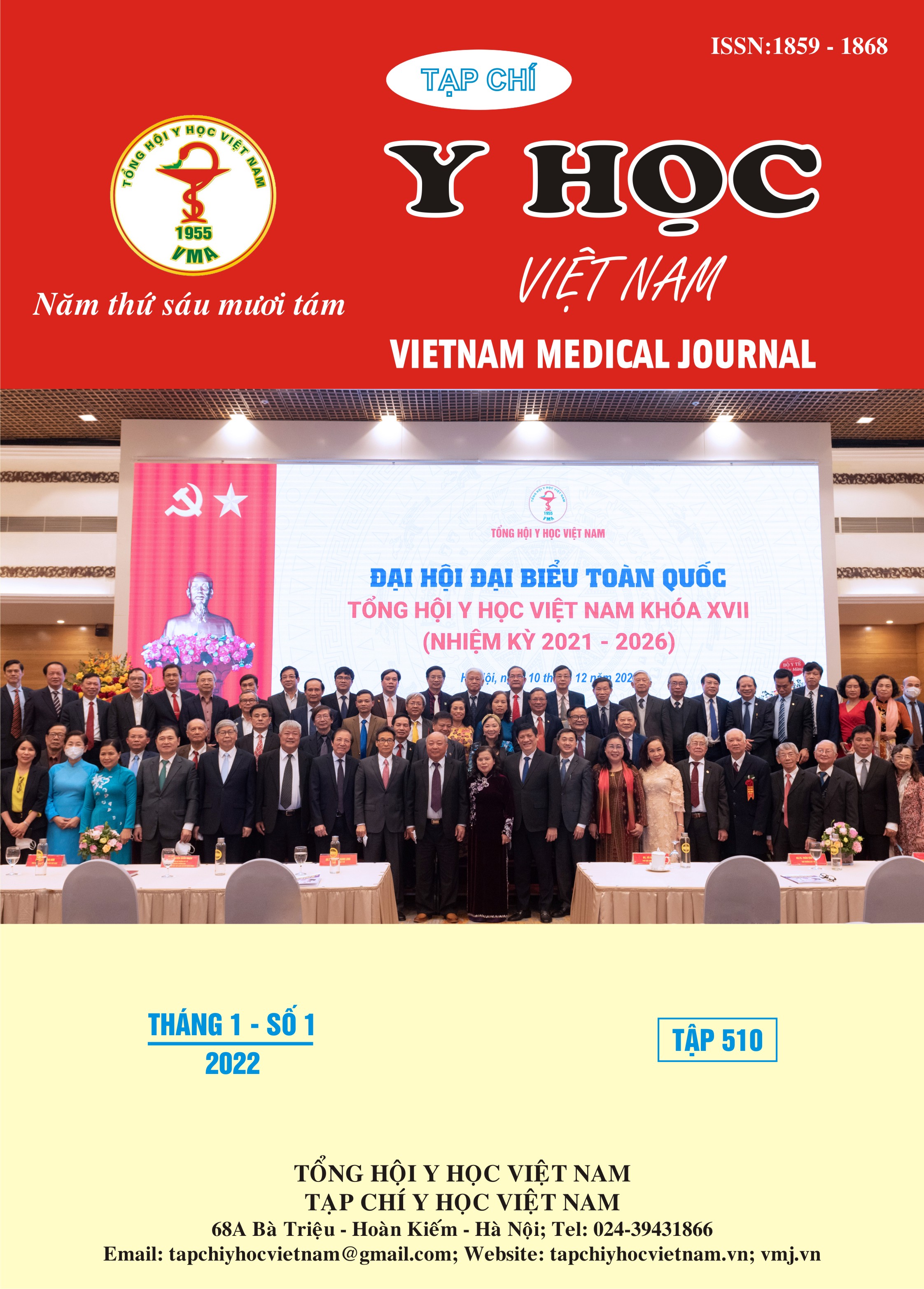ASSESSMENT OF THE ALBUMIN-BILIRUBIN (ALBI) GRADE FOR HEPATOCELLULAR CARCINOMA PATIENTS WITH CIRRHOSIS
Main Article Content
Abstract
Objective: Hepatocellular carcinoma (HCC) in patients with cirrhosis frequently reported. We evaluated the usefulness of albumin-bilirubin(ALBI) grade as a tool for assessment of hepatic reserve function. Subjects and methods: We enrolled 224 HCC patients from 2018-2019. Child-Pugh classification and ALBI grading were calculated. Results: A total of 224 HCC patients (186 males and 38 females, age range, 28 – 90 years, average age, 59 years) were valuated ALBI. According to BCLC classification, BCLC stage A (20.2%), BCLC stage B (45.7%), and BCLC stage C (23.8%) and stages D (10.3%). Child-Pugh clasifications and ALBI-based BCLC systems were highly concordant. Conclusions: the albumin-bilirubin (ALBI) grade, as a prognosticator has demontrated that was correlated with Child-pugh clasification and BCLC stages in HCC patients.
Article Details
Keywords
Hepatocellular carcinoma (HCC), Albumin-bilirubin (ALBI), Child-Pugh (CP)
References
2. Johnson, P.J., et al., Assessment of liver function in patients with hepatocellular carcinoma: a new evidence-based approach-the ALBI grade. J Clin Oncol, 2015. 33(6): p. 550-8.
3. Toyoda, H., et al., Long-term impact of liver function on curative therapy for hepatocellular carcinoma: application of the ALBI grade. Br J Cancer, 2016. 114(7): p. 744-50.
4. Gui, B., et al., Assessment of the Albumin-Bilirubin (ALBI) Grade as a Prognostic Indicator for Hepatocellular Carcinoma Patients Treated With Radioembolization. Am J Clin Oncol, 2018. 41(9): p. 861-866.
5. Wang, Y.Y., et al., Albumin-bilirubin versus Child-Pugh score as a predictor of outcome after liver resection for hepatocellular carcinoma. The British journal of surgery, 2016. 103.


